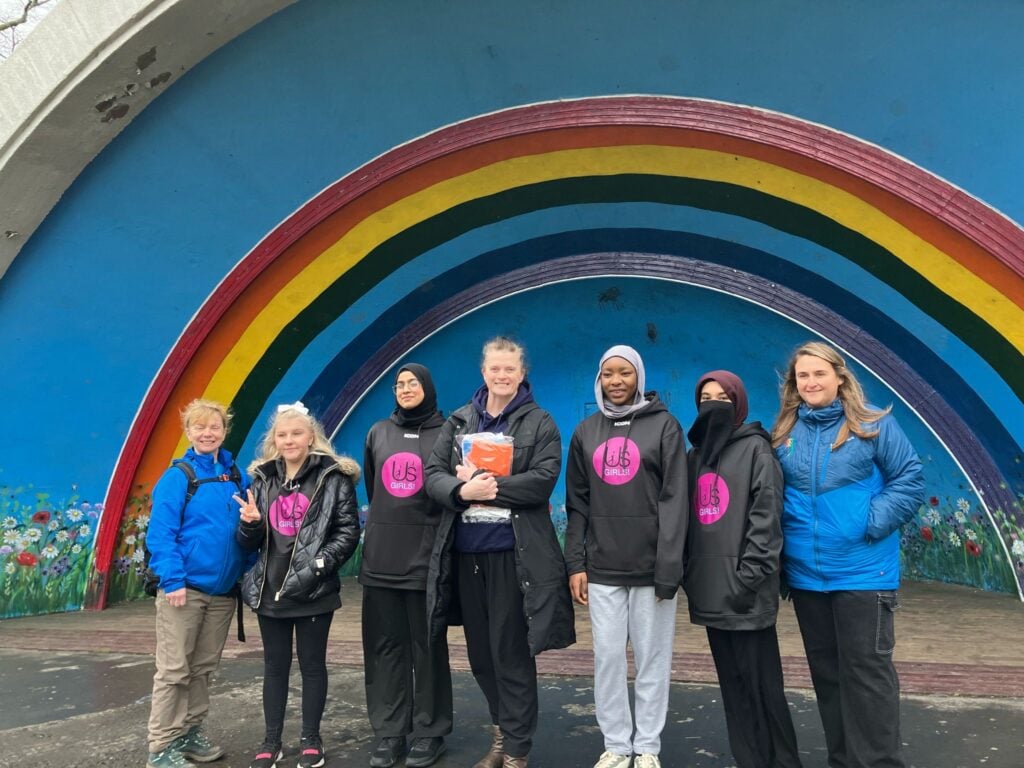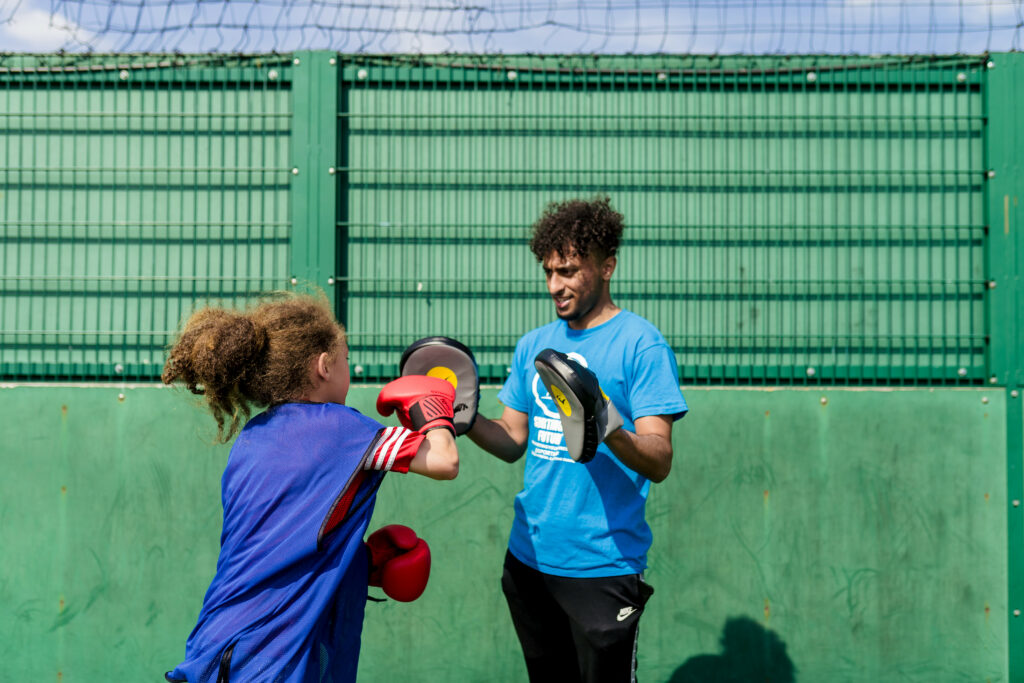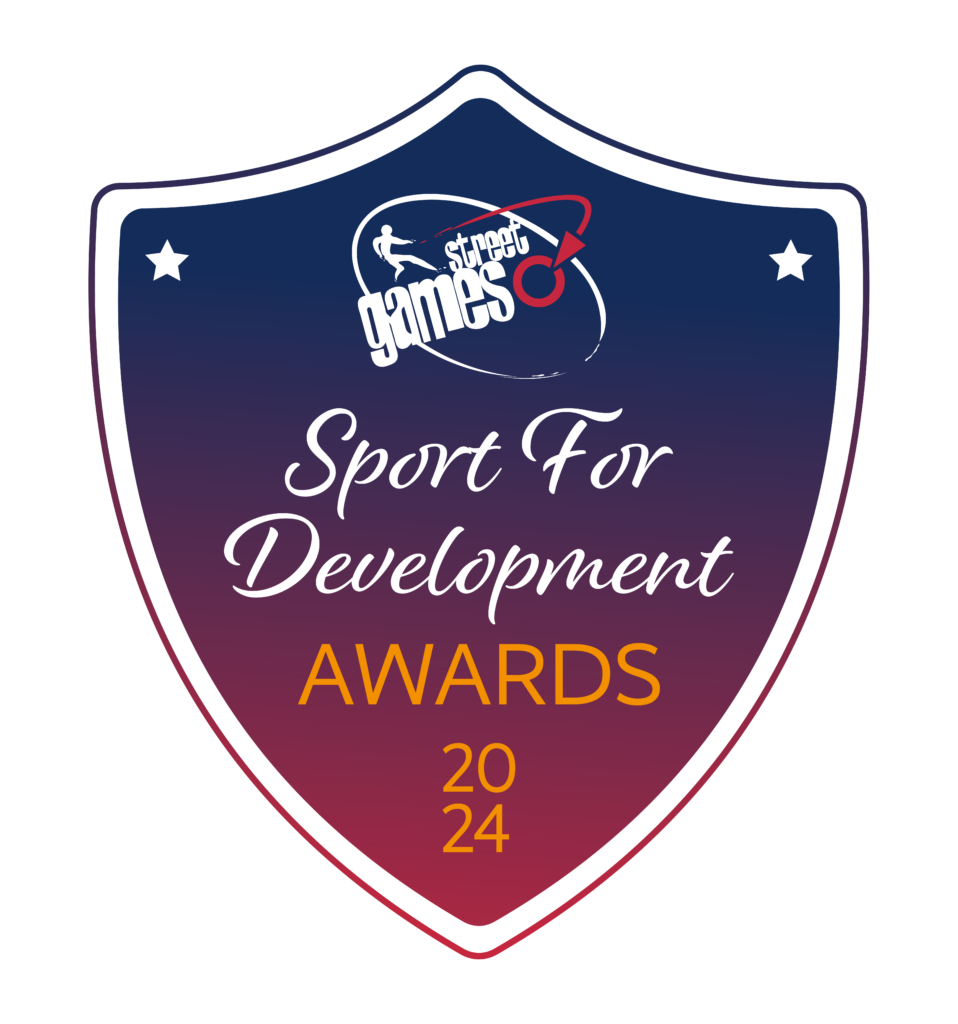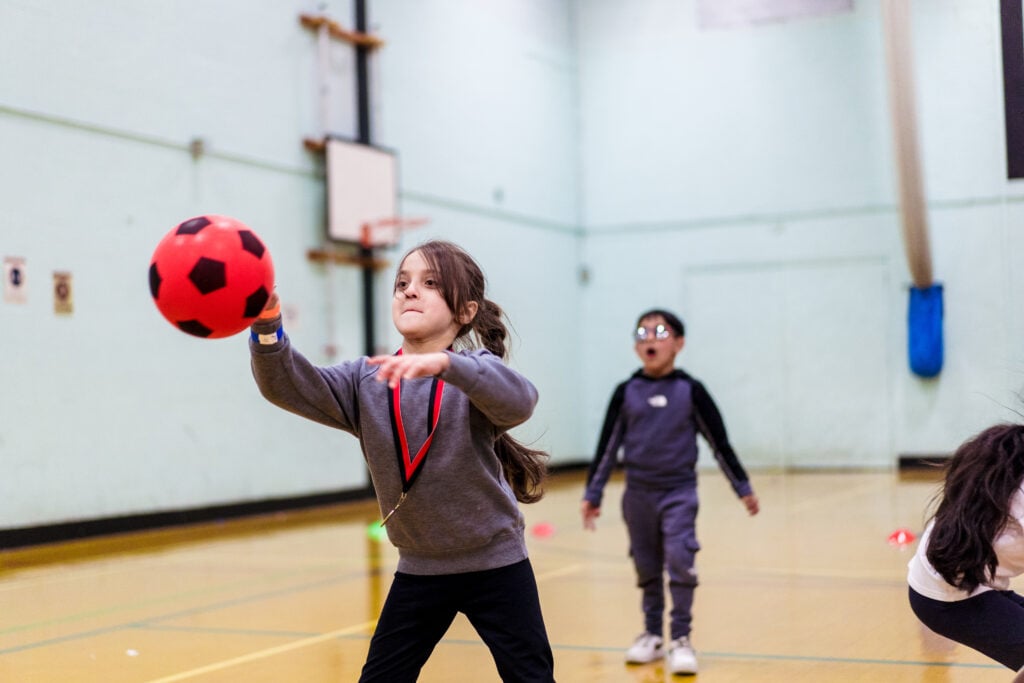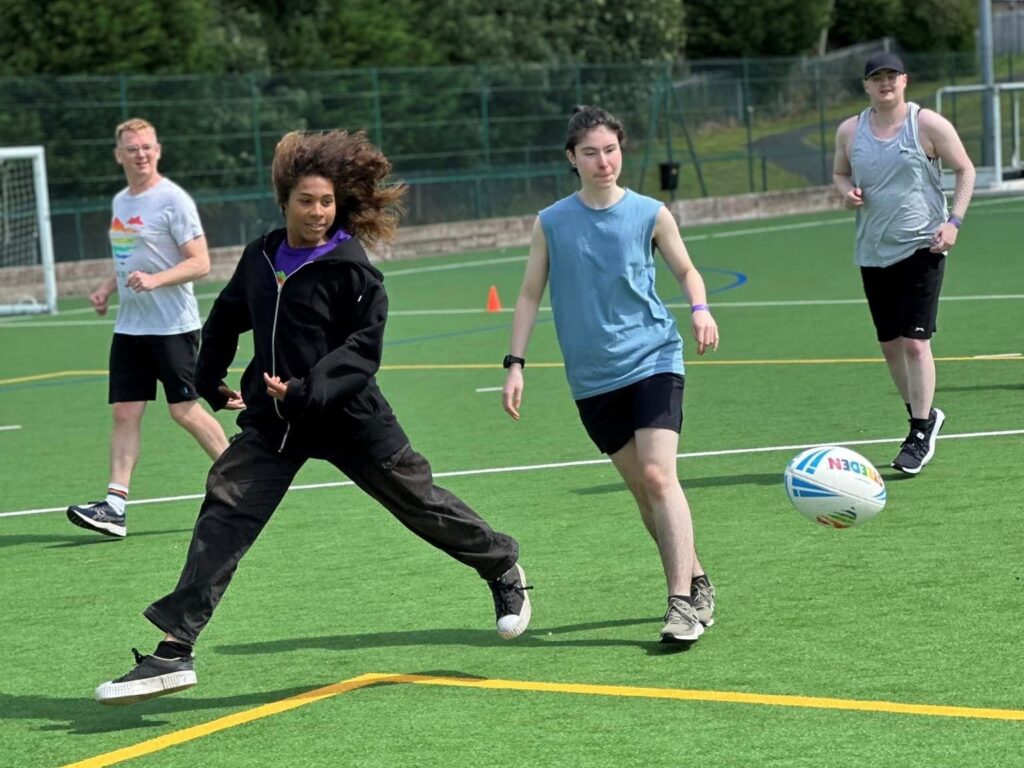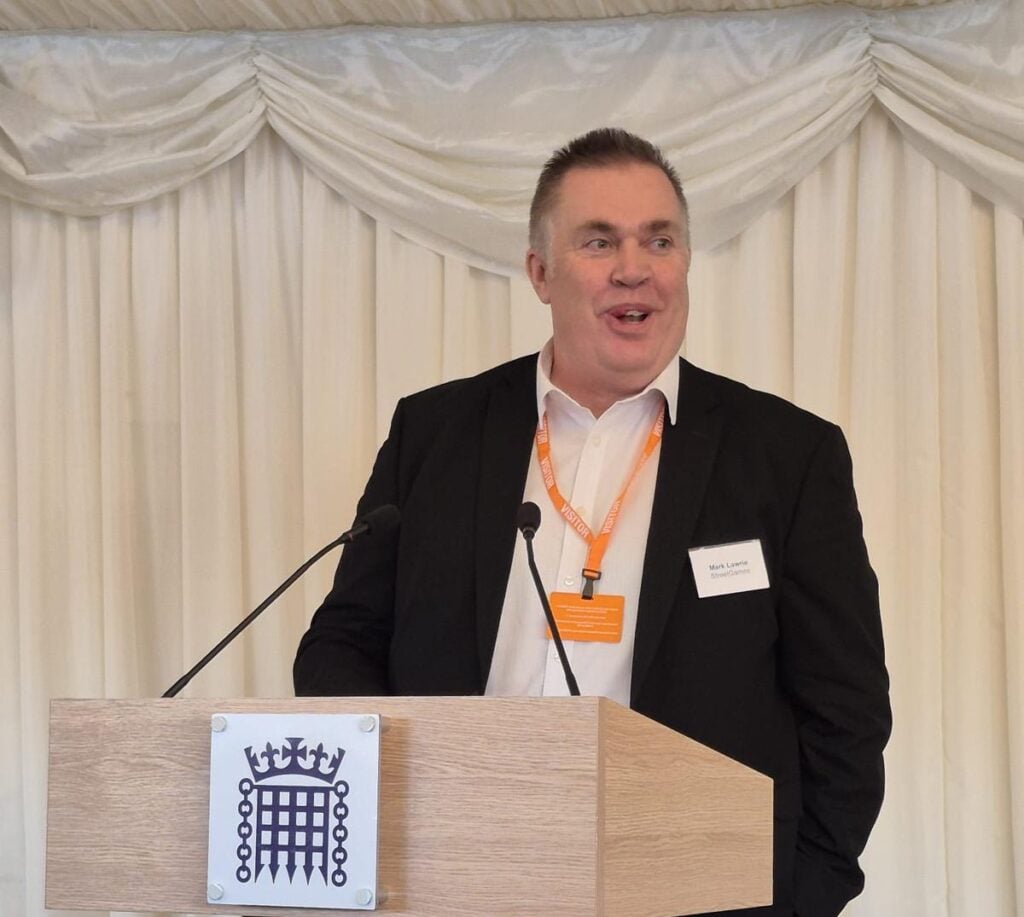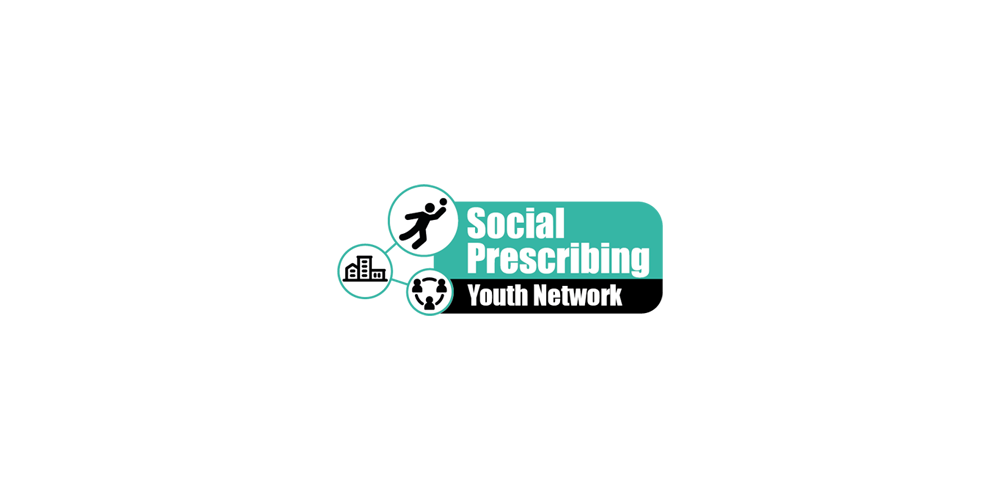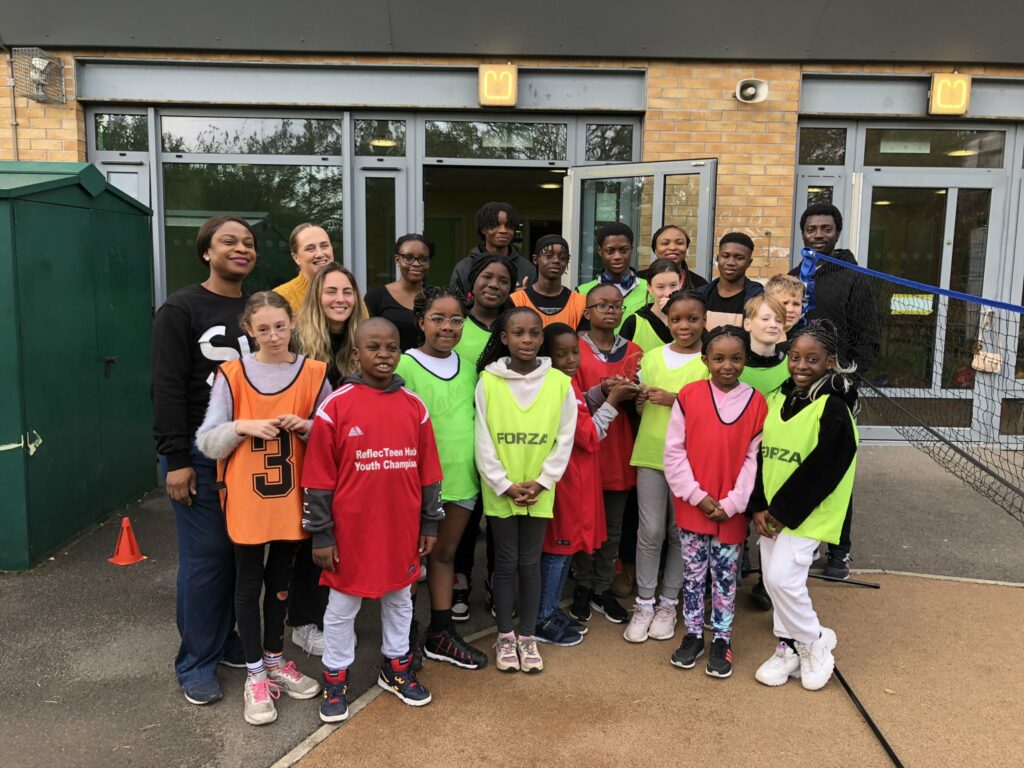StreetGames Awarded Welsh Government Funding to Tackle Child Poverty Through Youth-Led Sport in South Wales
StreetGames Awarded Welsh Government Funding to Tackle Child Poverty Through Youth-Led Sport in South Wales
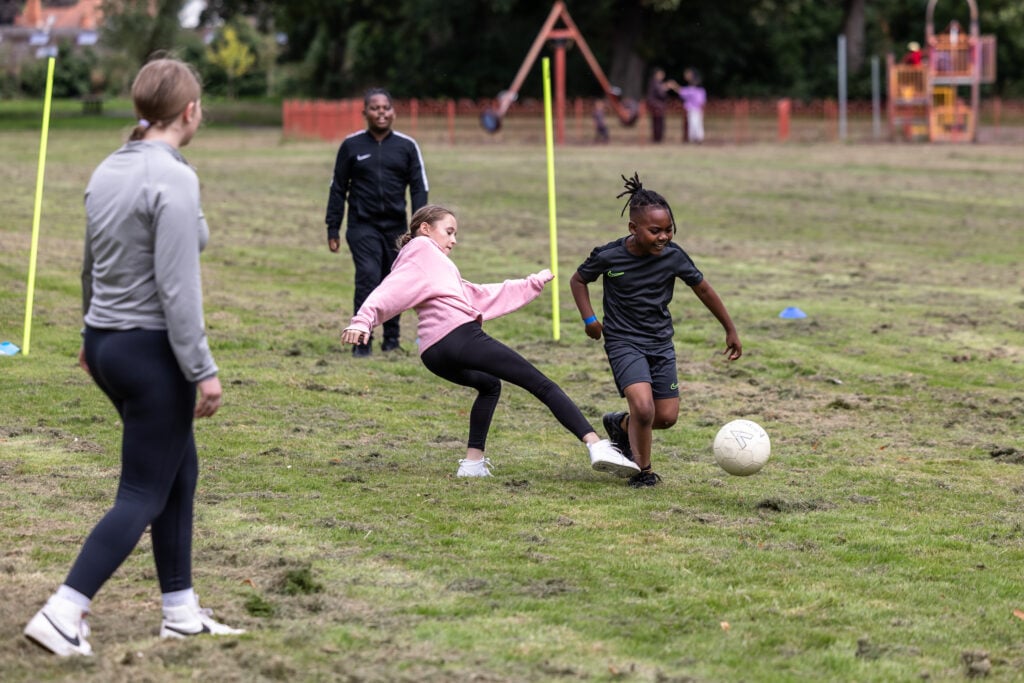
StreetGames is pleased to have secured funding from the Welsh Government’s Child Poverty – Innovation and Supporting Communities Grant.
This significant investment will enable the delivery of an ambitious new project designed to tackle the root causes of child poverty by empowering young people through sport and community leadership.
The project, Doorstep Sport Activators (DSAs): Testing Opportunities for the Creation of Future Community Leaders, will be delivered across Merthyr Tydfil, Cardiff, Rhondda Cynon Taf and Bridgend, areas among the most underserved in Wales.
The programme will train young people aged 16–24 as Doorstep Sport Activators, equipping them with leadership skills, employment readiness, and a platform to deliver fully funded, accessible sporting activities in their own communities.
This place-based, youth-led initiative aims to create positive role models, build community resilience, and expand access to volunteering and physical activity in areas where opportunities are often limited.
Key Areas of Impact:
- Tackling Poverty and Inequality: All programme activities, training, and equipment will be provided by StreetGames, removing financial barriers and supporting young people whose families face economic hardship.
- Pathways Out of Poverty: Participants will gain valuable life skills, confidence, and employability support, including CV writing and interview preparation.
- Supporting Wellbeing: The programme will increase access to physical activity and help build trusted relationships with mentors, supporting young people’s mental and social wellbeing.
- Challenging Stigma: The project will work to break down negative perceptions around poverty, while creating inclusive, respectful environments led by young people from the communities they serve.
- Community Collaboration: Delivered in partnership with six community organisations, the project will build strong, local networks to ensure sustainability and shared learning across the region.
Gareth Winmill, Head of Doorstep Sport and Network Engagement at StreetGames, said: “We are proud to be working in partnership with local organisations across South Wales to create real, lasting change. This investment from the Welsh Government will help us empower the next generation of community leaders and ensure more young people can access life-enhancing opportunities through Doorstep Sport – a key end game goal of our 10-year strategy, Active for Today and Tomorrow.”
The project will launch in June 2025 and run through to February 2026, culminating in a bilingual celebration and dissemination event to share learning and support replication across Wales.
